First Training Program on IP Education in ASEAN Countries
December 2, 2024
The WIPO Academy, with the support of the Japanese Patent Office (JPO) through the Funds-in-Trust Japan Industrial Property Global, teamed up with the Intellectual Property Office of the Philippines (IPOPHL) to offer a three-phase training program for 32 teachers, curriculum designers and education policymakers from seven ASEAN countries. The program featured two online workshops in October, 2024 and an in-person training in Manila, the Philippines from November 18 to 21, 2024.
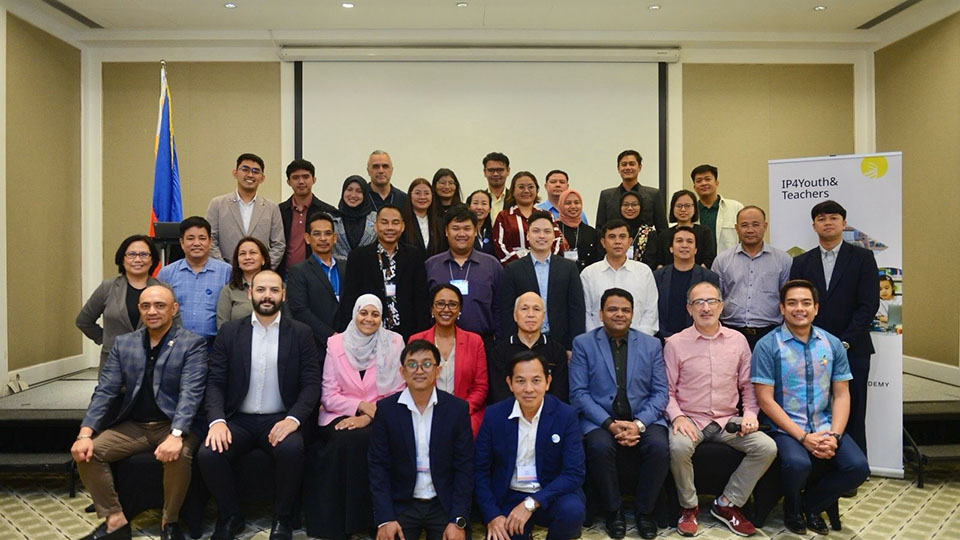
The program was delivered with the support of the JPO as part of the rollout of the WIPO Academy’s Intellectual Property for Youth and Teachers (IP4Youth&Teachers) Program in ASEAN countries. IP4Youth&Teachers promotes education that nurtures creativity, innovation and entrepreneurial skills through intellectual property (IP) among youth.
What did the training program cover?
Experts in pedagogy, IP, entrepreneurship and the Theory of Inventive Problem Solving (TRIZ) led a series of interactive lessons geared to the different audiences during the online workshops and in-person training, including:
- Creative methods for teaching IP using “learn-as-you-play” approaches;
- Innovative teaching strategies through active learning and TRIZ;
- Creating engaging IP lesson plans on creativity;
- Developing modules and course outlines on IP and innovation;
- Drafting white papers; and
- Planning IP education campaigns on innovation and creativity.
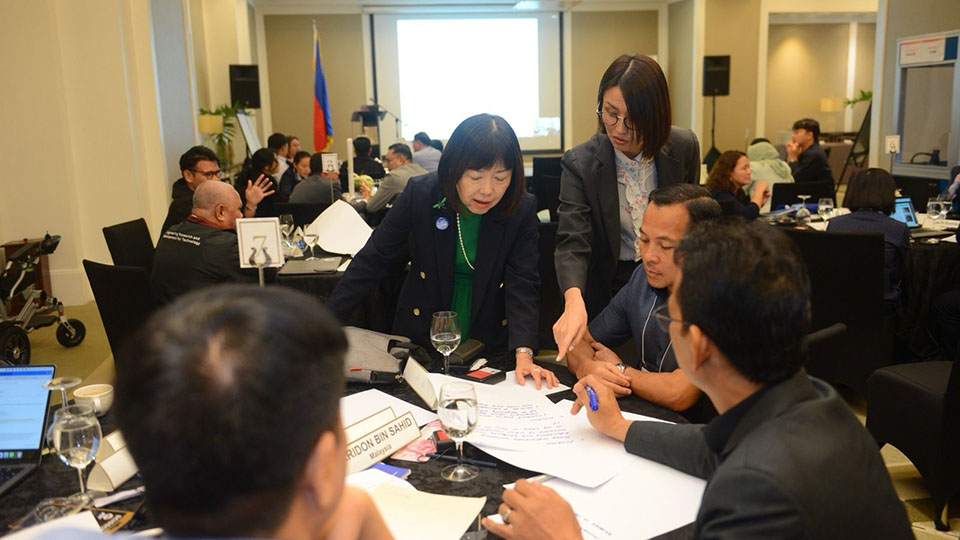
Teachers practiced lesson plans on creativity, innovation and IP which they could implement in their classrooms, curriculum designers worked on ways to integrate IP and innovation education into the national curriculum, and the education policymakers practiced strategies to advocate for IP and innovation education at the ministerial level through the development of a white paper for policy initiatives.
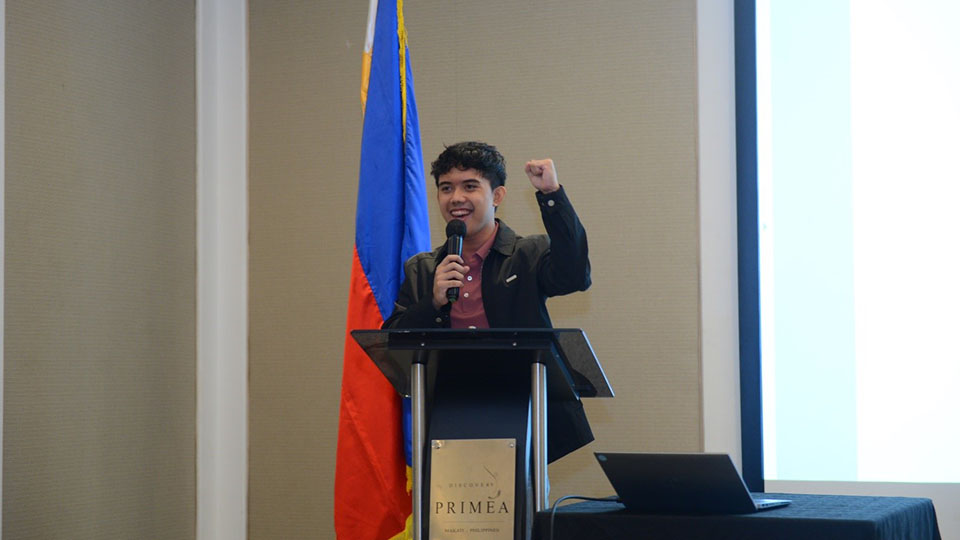
IPOPHL)
The in-person phase included interventions from three youth entrepreneurs from the Philippines, and Josefino Nino O. Lingan, one of the WIPO IP Youth Ambassadors of the Philippines who shared inspiring experiences of how IP can enable the creative, innovative and entrepreneurial potential of youth in the region.
What the participants are saying?
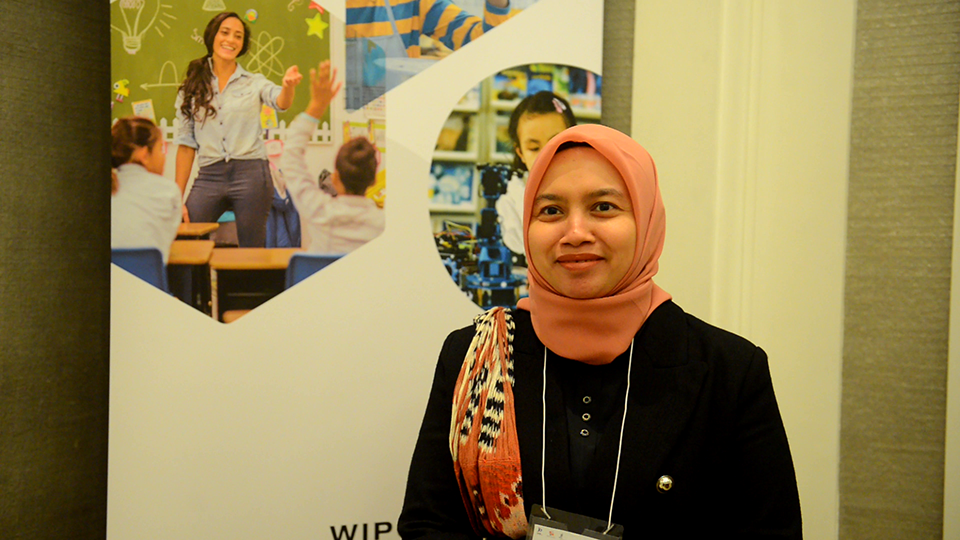
“As a curriculum developer at the Ministry of Education in Indonesia, I attended this program to learn about creativity and intellectual property (IP) integration into our curriculum. My expectations were exceeded with comprehensive lessons, practical methodologies, and inspiring approaches to IP entrepreneurship. The interactive activities, like brainstorming and simulations, added immense value, fostering collaboration and innovation. I am eager to share these insights with colleagues to inspire students as young inventors, equipping them with the tools and support to thrive.” – Rizki Maisura, Curriculum Developer at the Ministry of Education of Indonesia.
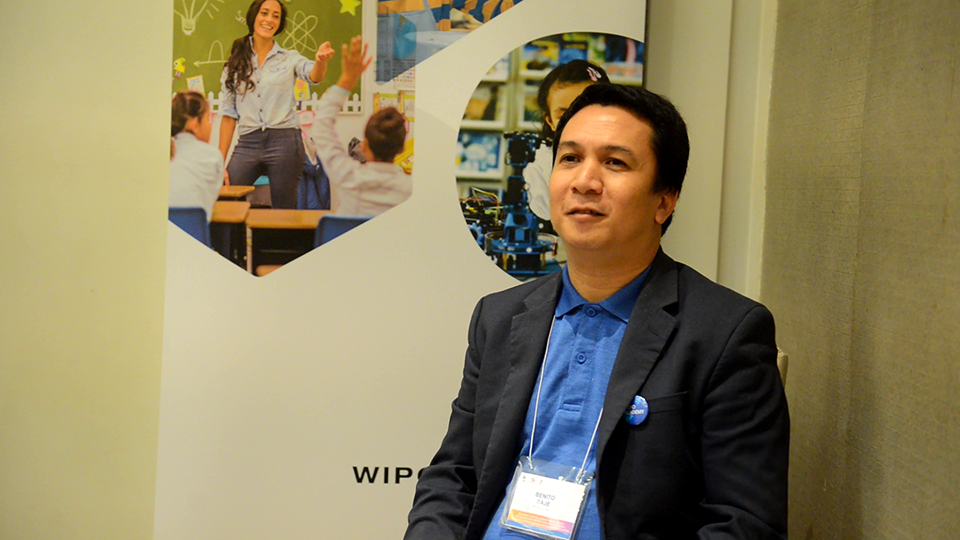
“Attending this seminar has been a transformative experience that exceeded my expectations. The hands-on training on integrating IP into the curriculum provided invaluable insights, emphasizing that IP education is not just about legal aspects but about fostering creativity, the foundation of innovation. By nurturing creativity, students can better understand IP protection and contribute meaningfully to society through technology transfer and commercialization. With expert speakers and practical applications, this seminar has inspired me to bring these ideas into my teaching to advance IP education for students." – Benito Baje, Special Science Teacher and Licensing Officer at the Philippine Science High School Central Visayas Campus